 |
| Julian Costello. Photo credit Lucy Southall. |
Saxophonist, composer and teacher Julian Costello recently toured with a new Quartet. He talks to Mary James, via email, about his switch from drums to sax, his new Quartet and the surprises inherent in playing unbroken sets.
LondonJazzNews: How did it all start?
Julian Costello: When I heard the last side of Electric Ladyland by Jimi Hendrix. A lot of people after Hendrix tend to gravitate to different types of rock music. For me, it was John Coltrane. Both musicians were experimenting with different sounds and pushing what they could say on their instruments to the limit.
Let me backtrack – I had a very unusual upbringing which is not relevant to this interview except my father thought music to be extremely important. But exclusively classical music. He gave me confusing messages such as “If you listen to music you won’t go to university” but also “Don’t just listen, get involved and participate”. He took me to exciting concerts at the RFH and the Albert Hall. He sat down in front of me once and said gruffly “Err OK, let’s hear this record by the Sex Pistols”. Of course he hated it. I thought I was cool because I grew up in Chelsea where it was all happening. Even though he wanted me to play Bach he took out a loan and bought me a drum kit.
I was also listening to A Love Supreme and Africa Brass and playing along to a lot of modal music. I was in a bit of a vacuum having done A levels but not sure about my next steps. I was a drummer playing with saxophonists such as Derek Nash, Matt Wates and Pete Long. I worked in a record shop, was still gigging on the drums and along with a friend started up a weekly jazz club in a bar in Richmond. It was called The Cushion Club and ran every Thursday night for six months. It was a great adventure. We were regularly full and I booked musicians such as Iain Ballamy, Mark Lockheart, Dudu Pukwana, Michael Garrick, Steve Williamson, John Etheridge and many others. We had some fantastic nights there when there was a really good crop of emerging musicians in London in the 80’s.
It is interesting to note that now this has become a favoured way for musicians to operate in London and throughout the country. You run a night once a week or a month and build up a fan base and book musicians who then also book you in return. At the time I was only 19 and was not sure what I wanted to do. I was lucky enough to be given a saxophone by Matt Wates and I started practising really hard. I was practising during the day and beginning to concentrate much more on the saxophone than the drums. I took a last minute decision to go with some friends on a six month trip around India and it was then that I decided to really study the saxophone. I returned and auditioned for Brunel University and took a degree in music.
LJN: What was it about the saxophone that you loved?
JC: Ahh well at first I was drawn to the sound of the soprano sax. It has such an expressive and plaintive quality especially in the hands of greats like Wayne Shorter. It was also about this time that I heard Jan Garbarek. He wasn’t playing the kind of big accessible festival music he plays now, but rather more cutting-edge and ground-breaking music as on some of his 70’s and 80’s albums. I thought his soprano sound was particularly haunting and moving. I used to go and hear him regularly in smaller more intimate venues such as The Logan Hall in London.
After Brunel I auditioned for Trinity College of Music and got a bursary to study for a Postgraduate Certificate in Performance on the Saxophone. I had lessons with Stan Sulzman and really enjoyed playing in the college big band run by trombonist and band leader Bobby Lamb. We recorded an album which featured the late and absolutely wonderful Kenny Wheeler as well as Pete King and Mark Nightingale.
When I graduated from Trinity College of Music in 1995 I recorded my first album with a quintet on Avid Records. It’s called Tea and Scandaland features long time collaborators Patrick Naylor on guitar and David Beebee on piano. Julie Walkington is on bass and Gary Wilcox on drums. We recorded at Gateway Studios with very few overdubs and everyone contributed compositions. One of my tunes from this album, Olives, was used by Channel 4 News as the music for a 5 minute documentary about refugees.
LJN: Then you became a teacher – how did this come about?
JC: It was and still is hard to get gigs. I was born in London and was living in Holborn and struggling financially. I was forever moving flats in the same area and I wanted to buy somewhere. I decided to study for a PGCE in Music at the Institute of Education off Russell Square. Afterwards I got a job as the Head of Music at Henrietta Barnett School in North London. It was a big change from being a saxophone player. I had to get up early! I had to work long hours in the school but I really enjoyed it. I built up the orchestra, organised large concerts, choirs and workshops with the BBC Concert Orchestra and the ENO. Doing this meant I could no longer practise and effectively I gave up playing the saxophone.
LJN: How did you come back to playing the sax?
JC: It wasn’t hard. It felt right. After eight years and having two small girls, I went part-time and started playing again. We can look back and think how we have made wrong decisions on our journey, but I try not to feel that horrible “regret” word. I had issues about mouthpieces etc but at the risk of steering the conversation in a nerdy sax player’s direction I was delighted to be playing and writing again. In 2004 I released an album called Cake and Consequences. This time I was playing with a quartet with Patrick Naylor on guitar, David Beebeeon electric bass and Sean Randle on the drums. We toured some UK festivals including the Manchester Jazz Festival.
Sometimes I think music can be too serious.
LJN: Can you explain what you mean by that?
JC: OK, what I mean by that is, yes music and jazz can be academic, yes you need to work hard to be able to play a musical instrument and yes there is an intensity when you are endeavouring to be expressive and creative. But music can also move us in humorous ways and be uplifting. Let me give you an example – I have always very much enjoyed the music of Iain Ballamy and Django Bates. As well fantastic compositions and improvisations there is humour, English eccentricity, perhaps not being overly earnest.
Cake and Consequences had titles such as It’s OK To Dream About Cakes, All Lost In A French Patisserie, Two Cakes are Better Than One, Sticky Toffee Pudding and Fat Boys. There was even a recipe inside the cover. The album was recorded at the Steam Rooms in Peckham (which sadly no longer exists) over two great days with all compositions by me. My next album was recorded in 2009 and is called Edge of Distinction. It is more conceptual than Cake and Consequences in that although some tunes are recorded live in the studio other tunes feature multiple layers of different saxophones, percussion and effects. There is still humour like a track entitled Kettle’s Boiled that uses harmonics on the tenor to recreate the intensity and dissonant persistence of a whistling kettle.
LJN: How would you describe your music to someone who has never heard it?
JC: Improvised a lot of the time but within agreed musical structures. Melodic with changing grooves and time signatures. Colourful and cinematic. Sometimes eccentric, often intense and moody but also full of humour. Someone came up to me at a gig recently and said “Wow, your music is really trippy! I feel like I am being taken on a journey through lots of highs and lows”. I don’t know if this is true, but of the many positive comments I have got of late, that one has stuck in my head.
LJN: You’ve just been touring with a new Quartet – tell us about it and what you’ve wanted to achieve with this band.
JC:I think this Quartet is fantastic! It’s an international group. I have the privilege of playing with Maciek Pysz on guitar, Milko Ambrogini on double bass and Adam Teixeira on drums and percussion. I had already played some gigs with Maciek and he recommended Adam to me. Milko was new to all of us and was recommended to me by bass player Dave Jones. When we first got together I said to them that my idea was to play our live sets so that there are no gaps between the tunes. Each composition is like a planned rehearsed island, but in between is the unknown. We segue the tunes with genuinely improvised sections that can be free, or have a drone or a rhythmic ostinato of some kind, or that feature one of us playing solo. They all took to this idea and really embraced it. We are finding it intense and enjoyably challenging.
LJN: And what is the effect on the audience of this long unbroken set?
JC: It seems to be a very moving and thought-provoking experience. When audiences pick up on what we are doing they embrace it. By the end of a set, so much tension has built up that we enjoy the explosion and release of pent-up applause. I think as a group, we are really enjoying the surprise factor. It is also interesting to observe that as listeners to music there is a notion that our attention spans are getting shorter. That music needs to be less long and get to the point more quickly. I don’t think that this is the case.
The band is full of energy as we get on so well as individuals. I think this comes across in performances. I genuinely admire and respect the other musicians and I see them very much as collaborators. Solos are more like group conversations with everyone listening and communicating with each other without competition. Solos are very much in the moment. We play originals by myself and Maciek and also some gorgeous tunes by Jaco Pastorius, Jan Garbarek and Don Grolnick.
LJN: Is there one album you can’t live without and why?
JC: Magico featuring Jan Garbarek, Egberto Gismonti and Charlie Haden on ECM records. Wonderful compositions, sublime improvisations and sensitive interactions between the musicians.
LJN: You’ve just completed a tour so what’s next?
JC: Continue to enjoy jamming. Go into the studio to record an album. We have all agreed as a group not to rush, but to take time and choose the right studio, label and tunes. I would love for this group to get the opportunity to play some jazz festivals in the UK and Europe.
Mary James, who lives in Gloucestershire, is a jazz promoter and artist manager to Maciek Pysz. Twitter @maryleamington
LINK: Julian Costello website
Categories: miscellaneous


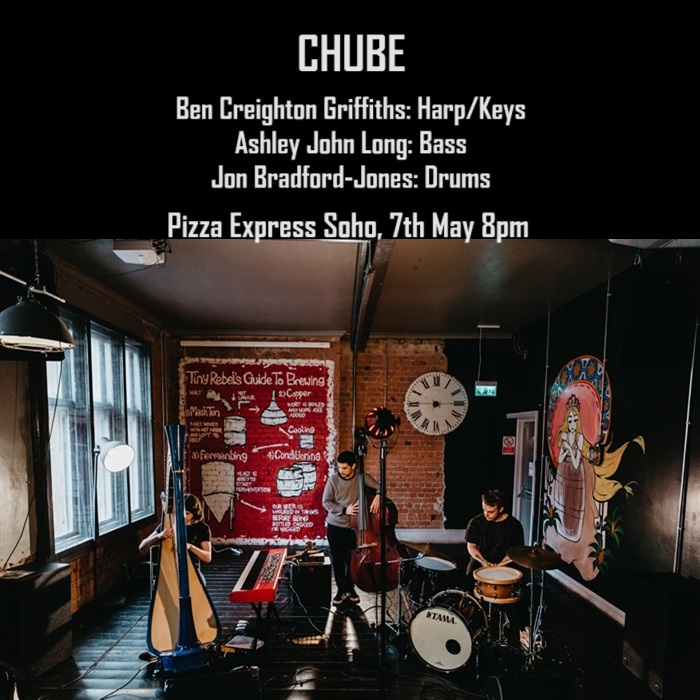


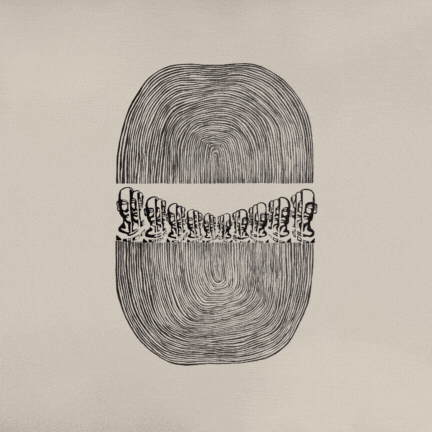


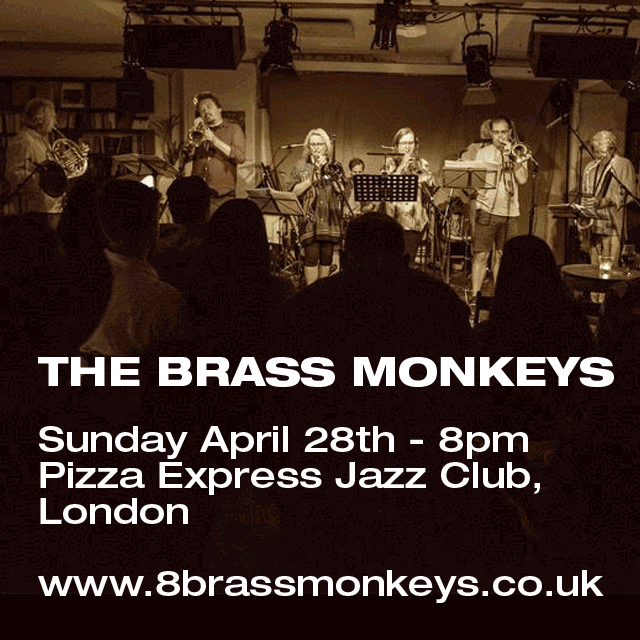
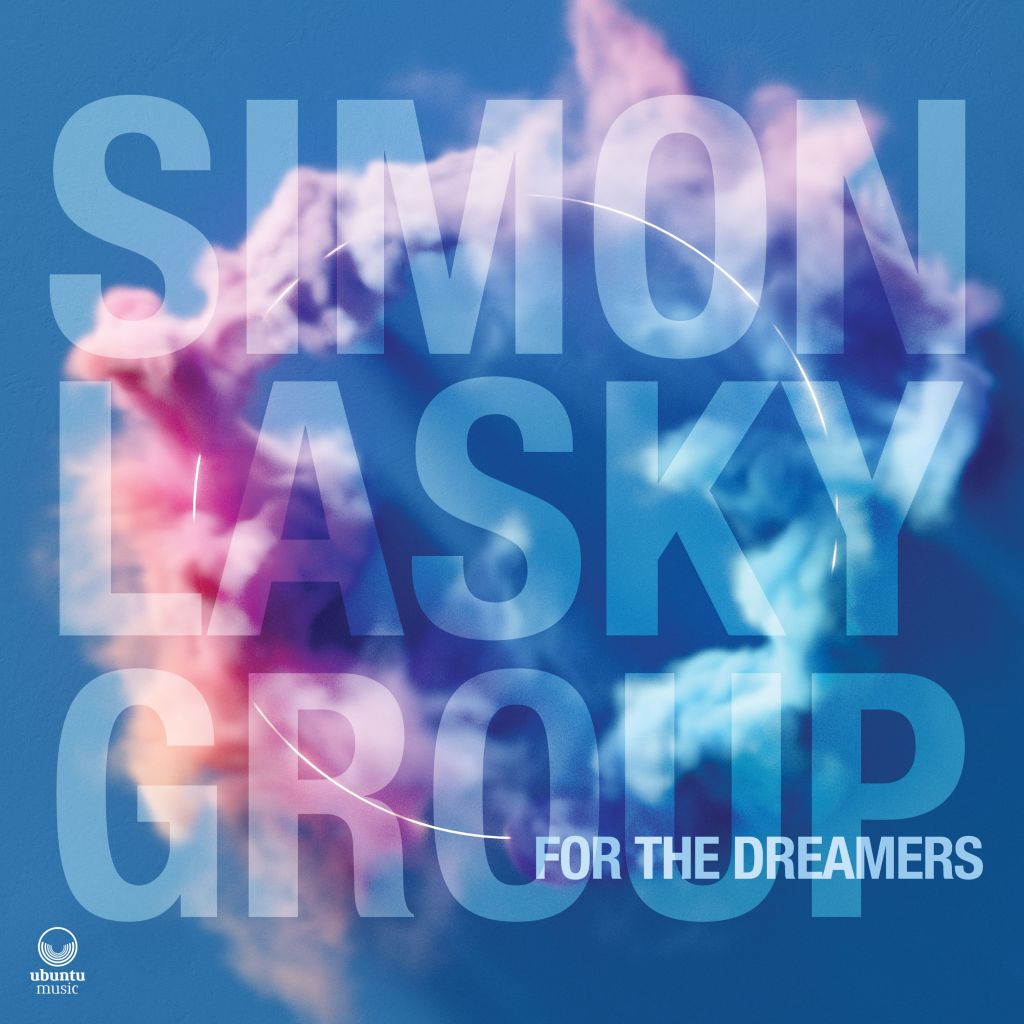
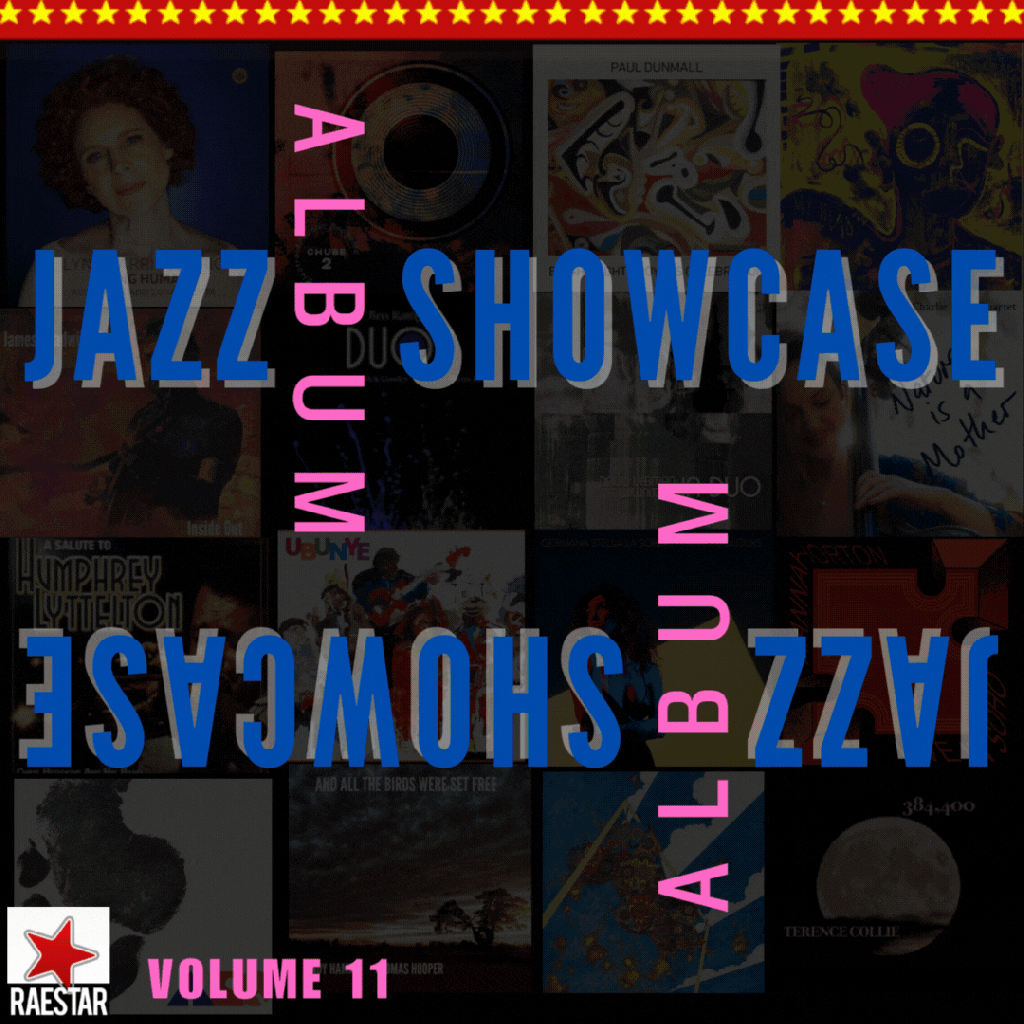

Nice article, I know Julian great teacher and nice guy. John.
Likwise! Gerry
Great article, proud of you Bruv, was great to hear you last play Sunday, I'd encourage all jazz lovers to see them. Dan